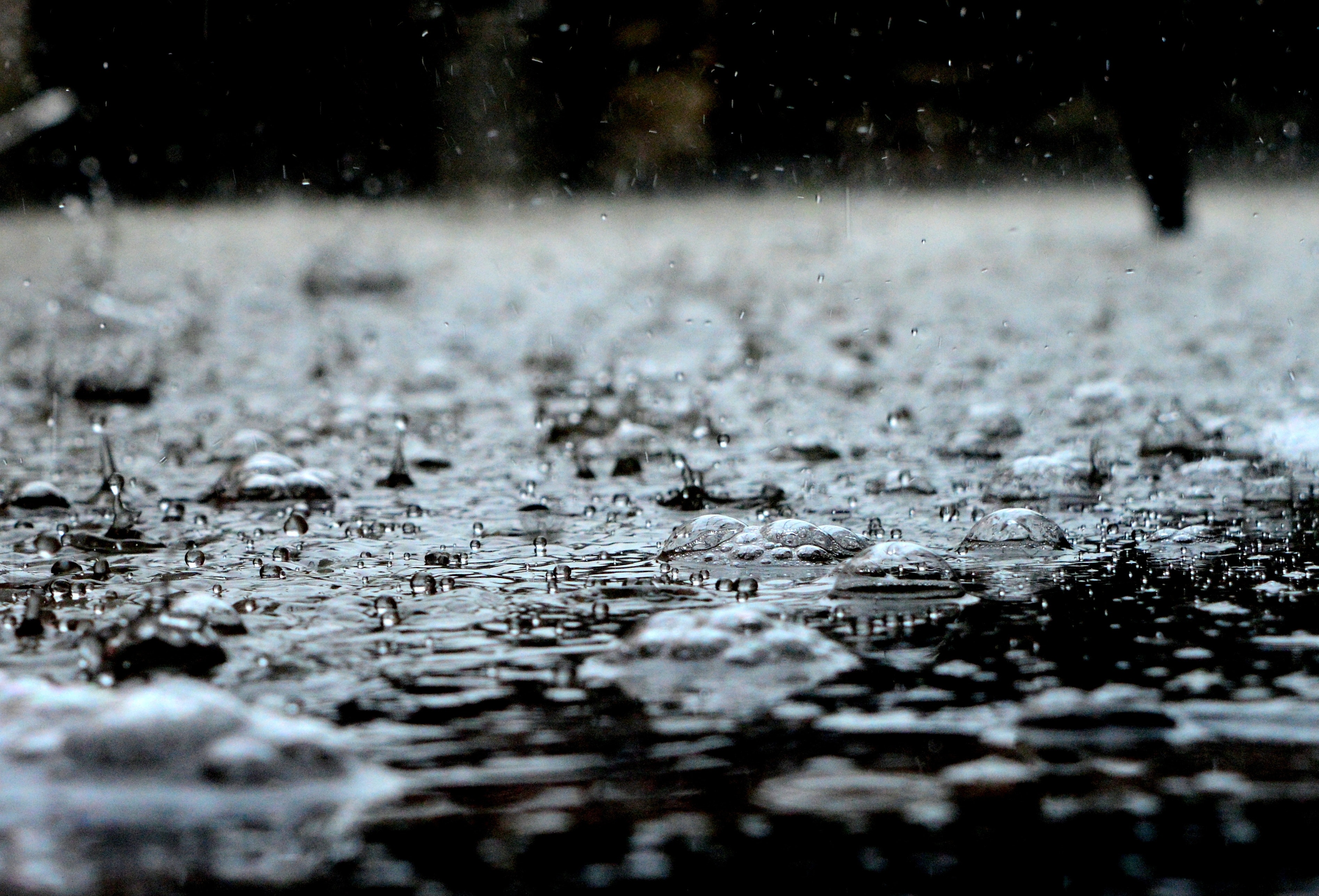 Stormwater is water from rain or melting snow that doesn’t seep into the ground or evaporate. It flows off of hard surfaces, rooftops, pavement, and sloped lawns. As the water flows to the lowest point, it picks up anything it finds along the way. This includes both visible contaminants – like soil, animal waste, trash, and debris – as well as less discernable pollutants – such as pesticides, fertilizers, oil, grease, germs, and bacteria.
Stormwater is water from rain or melting snow that doesn’t seep into the ground or evaporate. It flows off of hard surfaces, rooftops, pavement, and sloped lawns. As the water flows to the lowest point, it picks up anything it finds along the way. This includes both visible contaminants – like soil, animal waste, trash, and debris – as well as less discernable pollutants – such as pesticides, fertilizers, oil, grease, germs, and bacteria.
The problem is that polluted stormwater has to go somewhere. It eventually ends up in city sewer systems, streams, rivers, and water systems. This degrades our rivers, lakes, wetlands, and public water supply. As a result, marine wildlife is put in danger and more chemicals are required to make water safe for the public to drink and use.
Avoiding stormwater pollution is a collective effort that requires buy-in and involvement from many different groups, individuals, businesses, and governing bodies. Here are a few of the best practices for preventing stormwater pollution and its ill effects:
- Clean up. Do your part to clean up your property and the areas surrounding your property. Letting leaves, trash, or debris pile up along the curb, for example, enables stormwater pollution. Rake this stuff up and properly dispose of it.
- Only rain in the drain. Never put anything into a storm drain that isn’t rainwater. This includes blowing leaves and grass clippings down the drain, or letting trash fall in.
- Protect drains. Storm drains need to be protected against serious pollutants like chemicals and oil spills. If you own a property with a storm drain – particularly in an industrial setting, shopping center parking lot, or construction site – a drain insert oil sediment separator is a wise investment. It removes oil and sediment from the storm water before it becomes problematic for the drainage system.
- Use fewer chemicals. Everyone can do their part by using fewer chemicals in their landscaping efforts. You should also be cognizant of the types of cleaners and soaps you use when washing your car or pressure washing your home’s exterior. Assume that anything you use will come into contact with stormwater at some point.
- Reduce paved surfaces. Grass, mulch, and wooded areas are important for collecting stormwater and preventing excess runoff. Whenever possible, individuals and city planners should reduce the amount of paved surfaces.
Try the Can-Ross Drain Insert Oil Sediment Separator
If you would like more information on the Can-Ross drain insert oil sediment separator, or want to know where you can purchase it, please check out the product page. A Can-Ross team member would be happy to discuss your spill control and spill containment needs in more detail.
Can-Ross Environmental Services Ltd. is a leading provider of spill control and containment products and assessments in Canada. Serving the most dynamic businesses in the country, we provide security and peace of mind by identifying spill risks and providing practical and effective solutions to those risks.
Are you prepared for a spill? Get Protected Here.
Like this article? Read more like it, here:
- Check Out Our New Case Study: Revamping An Existing Spill Control Program
- Create Your Spill Response Plan in 3 Simple Steps
- Spill Kit Guide: Everything You Need to Tackle a Spill
- Can-Ross Environmental Services Ltd. Partners with Defender Sales Agency Ltd. - January 26, 2022
- Useful Tips for Preventing Oil Spills - April 2, 2020
- What Goes into a Spill Kit? - March 11, 2020




